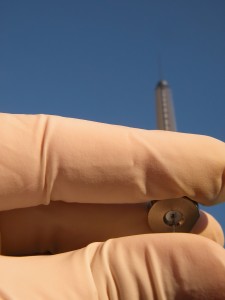
The Truth About Testosterone
Any discussion about sex or sexual function, in conversation or in the media, will inevitably mention the role of testosterone. But is testosterone at the centre of sexual function? Surprisingly, it seems to be over-rated.
When it comes to erectile dysfunction (impotence) a study from the Keogh Institute showed that; out of 1455 men with erection problems, low testosterone was contributory in only 3%. Treatment with testosterone for erectile difficulties is not helpful in the vast majority of men. It may increase the desire but not necessarily the performance.
Much more important than testosterone is high cholesterol or a high blood sugar. High cholesterol and high blood sugar damage blood vessels and most erectile dysfunction is a reflection of poorly functioning blood vessels. A man who has erectile dysfunction particularly if he also has increasing weight and an expanding waistline should be having his heart health and diabetes risk examined rather than his testosterone.
Interestingly, testosterone may be more helpful in reducing these risks than it is on erectile dysfunction directly. Early evidence suggests that testosterone improves muscle function and the body’s utilisation of blood sugar and lowers the risk of diabetes. The Keogh Institute is part of the landmark T4DM study, which is studying the effect of testosterone treatment on the prevention of diabetes.
So it may be that testosterone does not directly and immediately improve erectile dysfunction by a hormone effect but may do so by improving blood sugar and reducing diabetes risk.
To find out more, contact one of our Men’s Health doctors or ring 9346 2008 to make an appointment.

